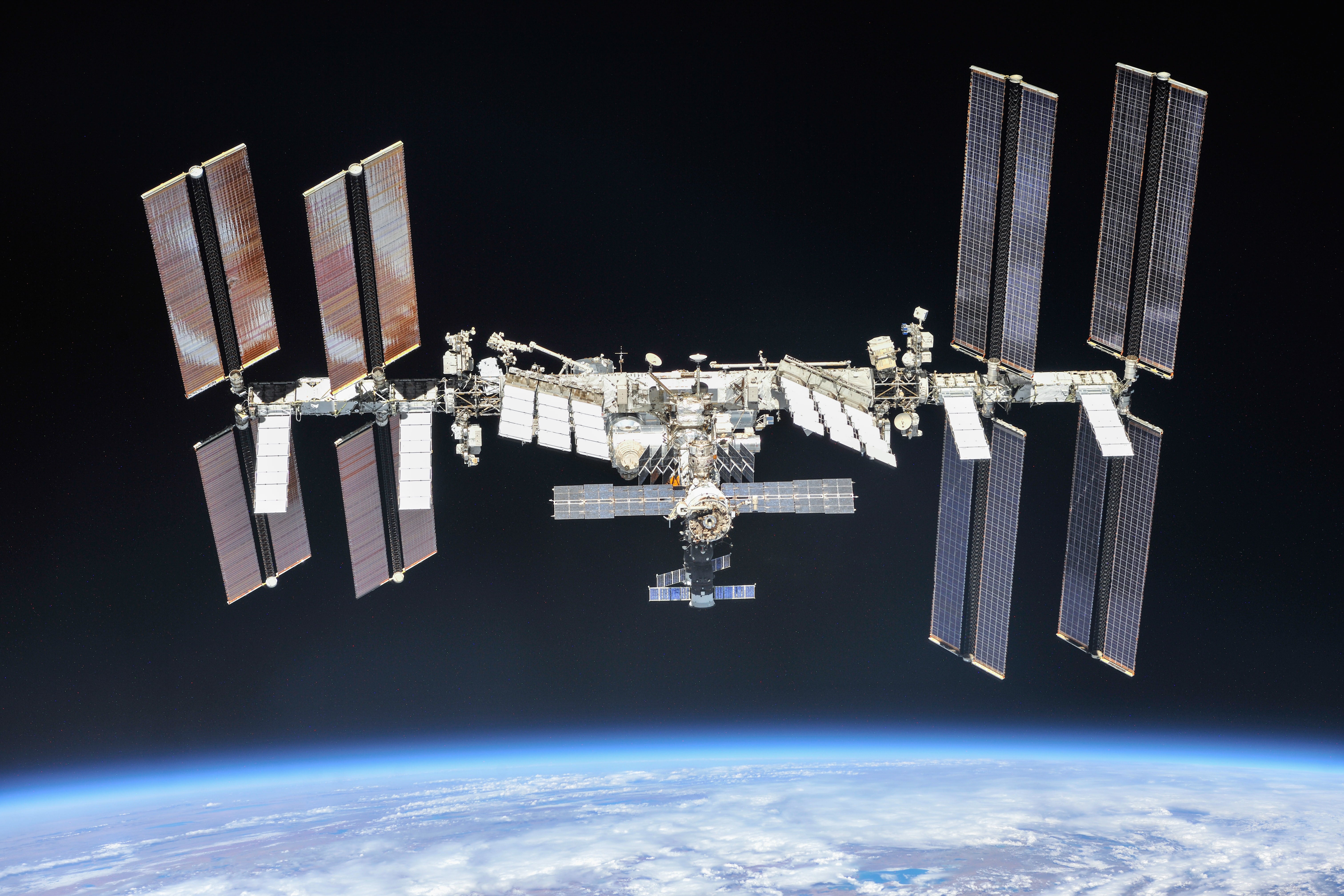Russia will stay on the International Space Station until at least 2028, Nasa says

Your support helps us to tell the story
From reproductive rights to climate change to Big Tech, The Independent is on the ground when the story is developing. Whether it's investigating the financials of Elon Musk's pro-Trump PAC or producing our latest documentary, 'The A Word', which shines a light on the American women fighting for reproductive rights, we know how important it is to parse out the facts from the messaging.
At such a critical moment in US history, we need reporters on the ground. Your donation allows us to keep sending journalists to speak to both sides of the story.
The Independent is trusted by Americans across the entire political spectrum. And unlike many other quality news outlets, we choose not to lock Americans out of our reporting and analysis with paywalls. We believe quality journalism should be available to everyone, paid for by those who can afford it.
Your support makes all the difference.Russia will stay on the International Space Station until at least 2028, Nasa has indicated.
The comments suggest that the departure by the Russian space agency, Roscosmos, will be less immediate than previously expected.
This week, Yuri Borisov, the new head of the Russian space agency, suggested that the country could split from the international project sooner than expected. He said in an interview that the partnership would end “after 2024”.
But remarks from both Nasa and another Russian space official suggest that Roscosmos will be involved for much longer than that date.
“We’re not getting any indication at any working level that anything’s changed,” Nasa space operations boss Kathy Lueders told Reuters. Relationships between the two space agencies remain “business as usual”, according to the new report.
The two organisations had communicated in the wake of Mr Borisov’s remarks and indicated that they would keep working together until Russia was able to get its own independent space outpost, named ROSS, into operation.
That is not expected to happen until 2028. That is according to a separate interview published on Roscosmos’s website on Wednesday, a day after Mr Borisov’s remarks, in which flight director Vladimir Solovyov said that Russia would avoid any gap between operations on the two space stations.
The ongoing co-operation on the International Space Station has become more tense since Russia invaded Ukraine. They escalated in recent weeks when cosmonauts were pictured holding anti-Ukraine propaganda in the Russian part of the ISS.
But in practice the two space agencies have largely continued to work as normal. Despite occasional incendiary comments from leaders, those on board the space station have not seen any major disruption since the beginning of the war.
The space station was built to work co-operatively and until recently Nasa has depended on Russia to take its astronauts to the International Space Station. As such, any unexpected disruption could cause significant problems for both space agencies.
Join our commenting forum
Join thought-provoking conversations, follow other Independent readers and see their replies
Comments